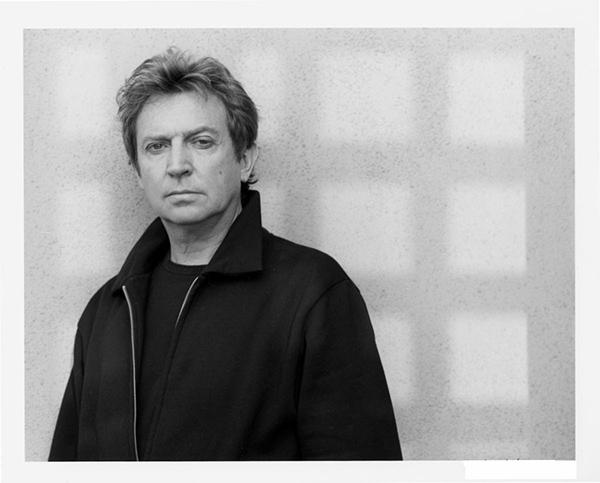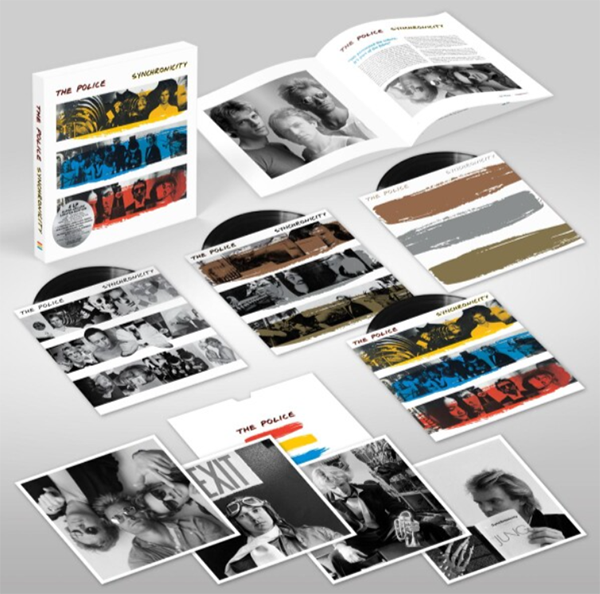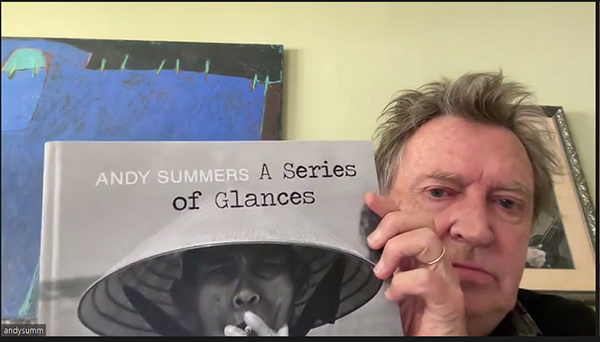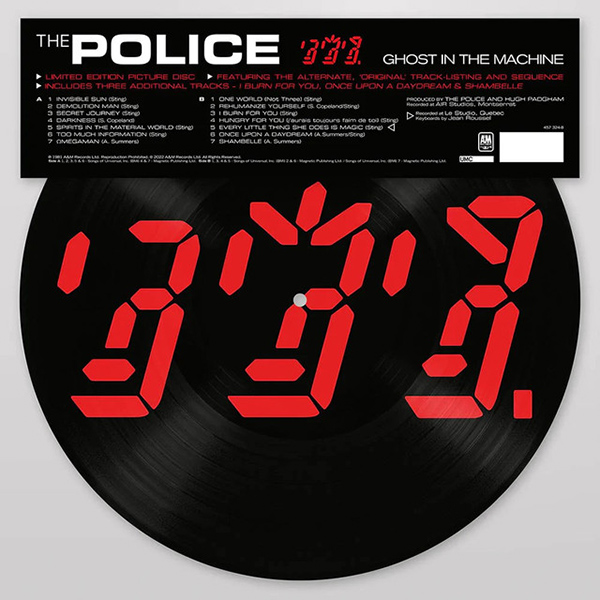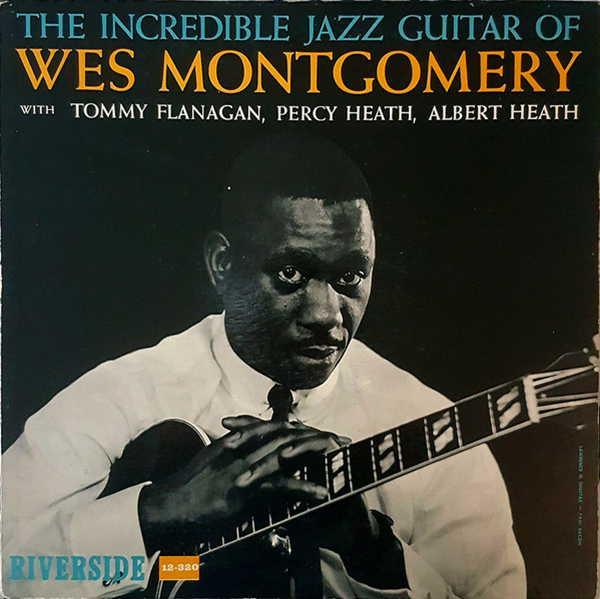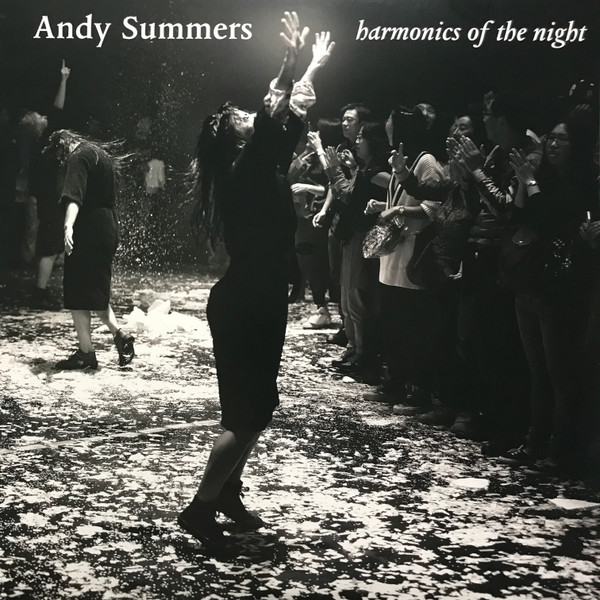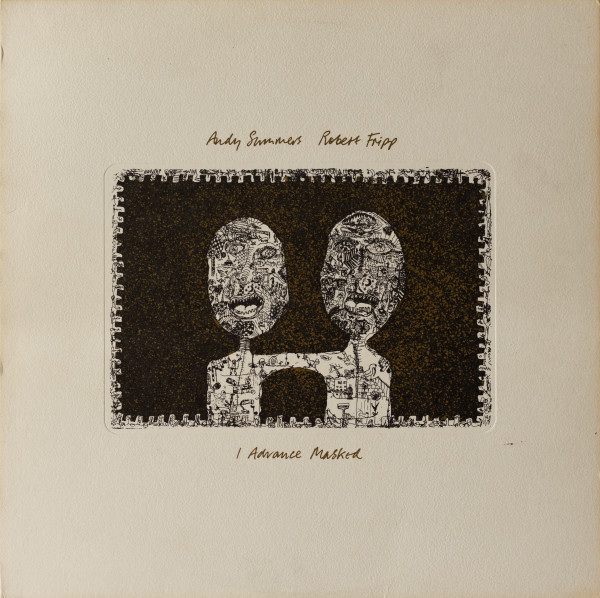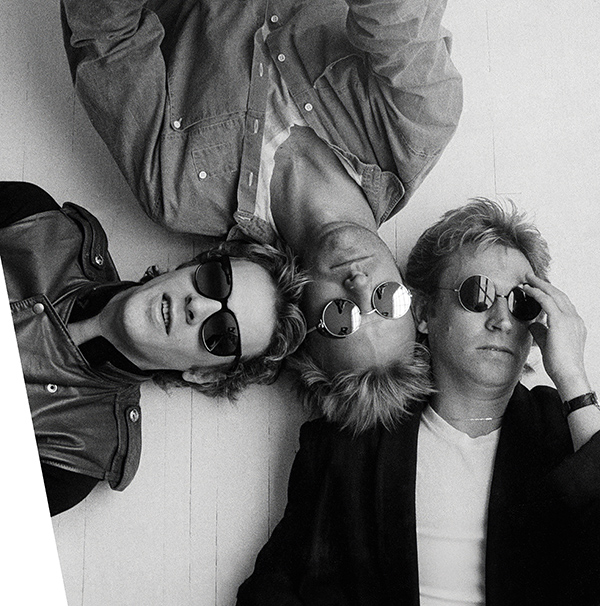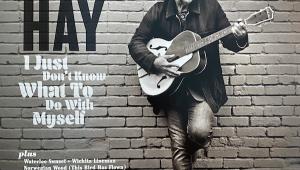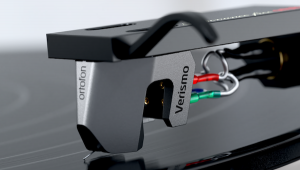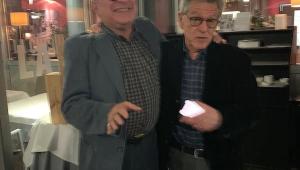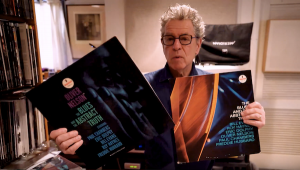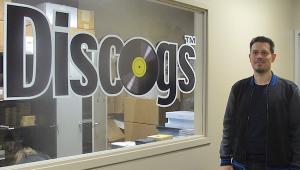I love his guitar tone and it is so uniquely HIM. The best guitarists bring their tone and touch to a memorable place every time.
I was just listening to I Advanced Masked on original last week! What an understated meditation on rhythm. Bewitched I only had on CD but another great collab. I look forward to the unreleased material from the Fripp era. Stranger Than Life is the only solo I owned and I feel left out now. Love the Police back then and I should more these days... (I just cleaned all of them a month ago in anticipations of just that).
Mr. Mettler, you remind me of a wizened Ewan McGregor in that photo! You look like to be having the time of your life! (And yes, dye the long hair and let the goatee go natch.. my preference as the same dirty hippy LP loving fool!) lol. I dig it. Stay blessed.
